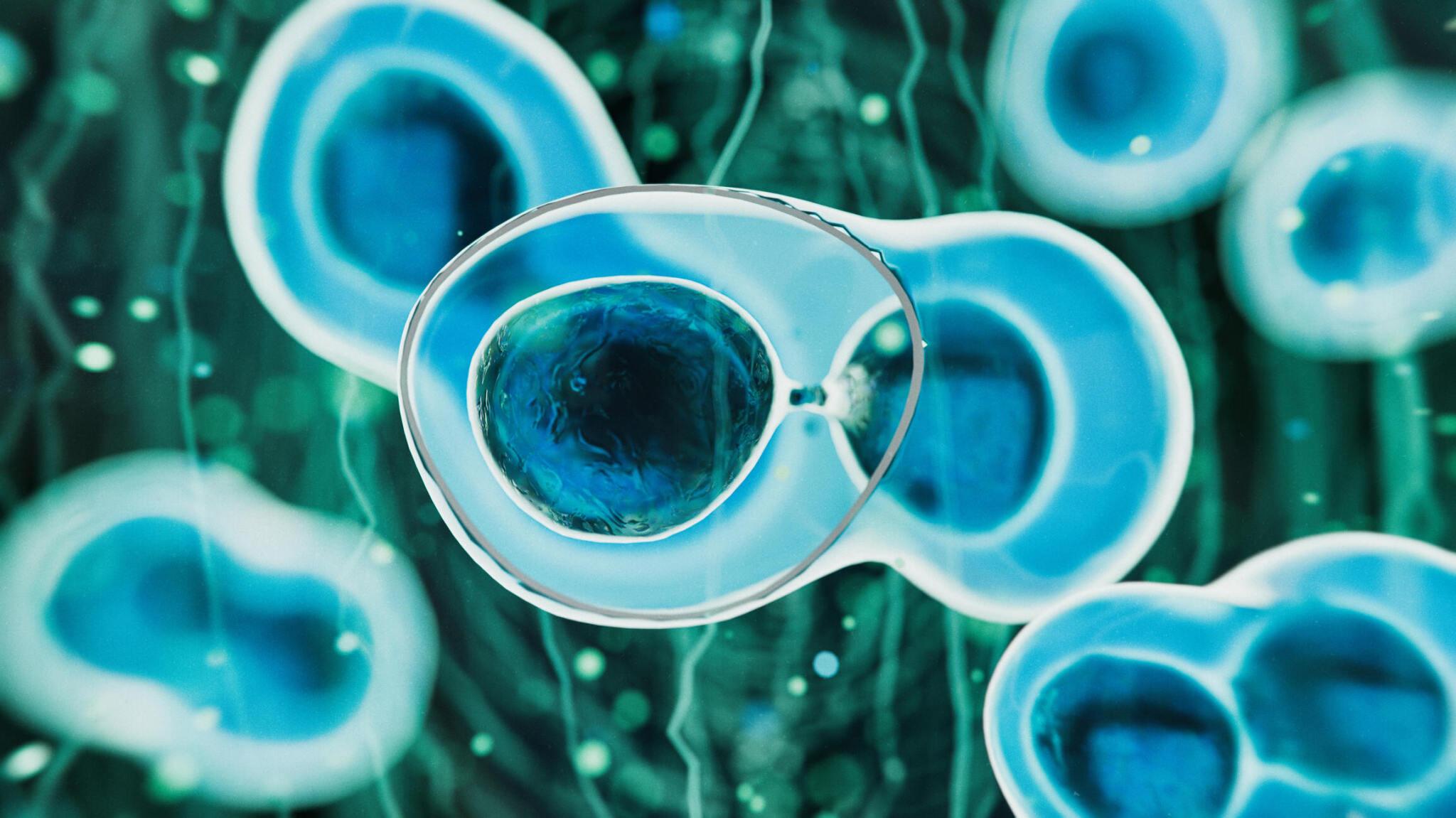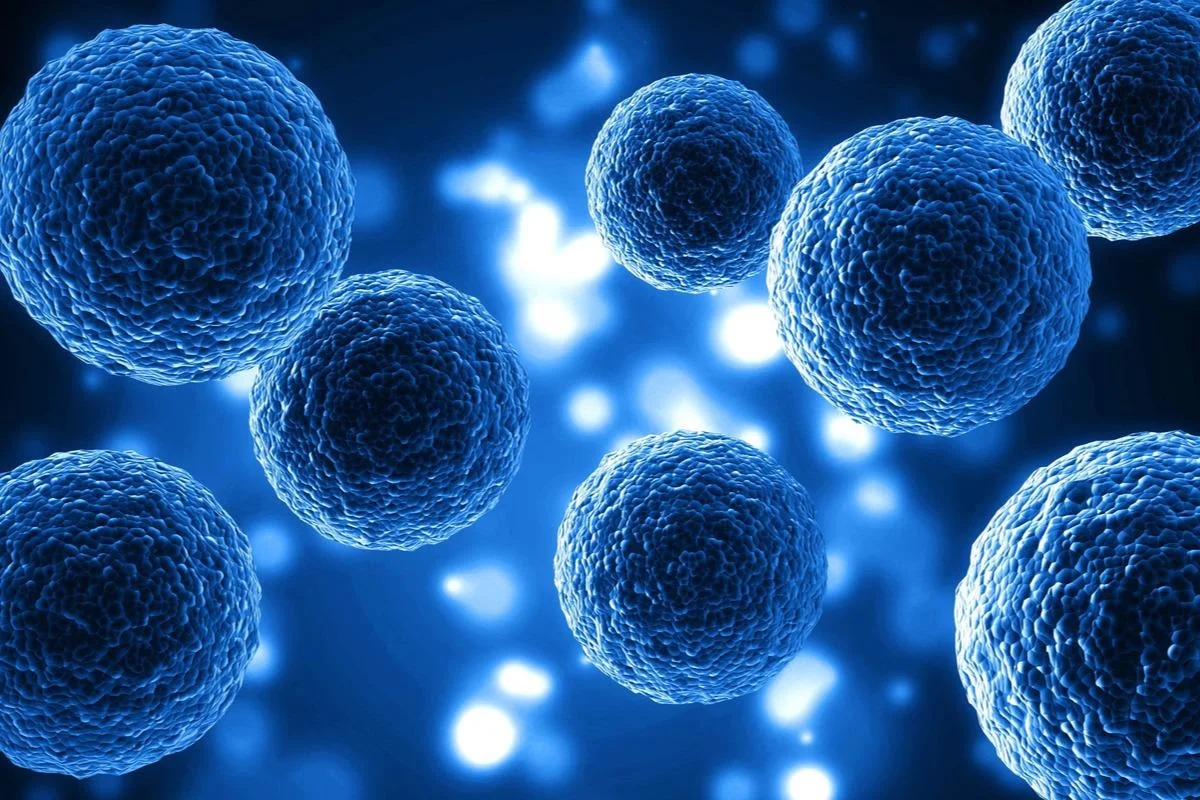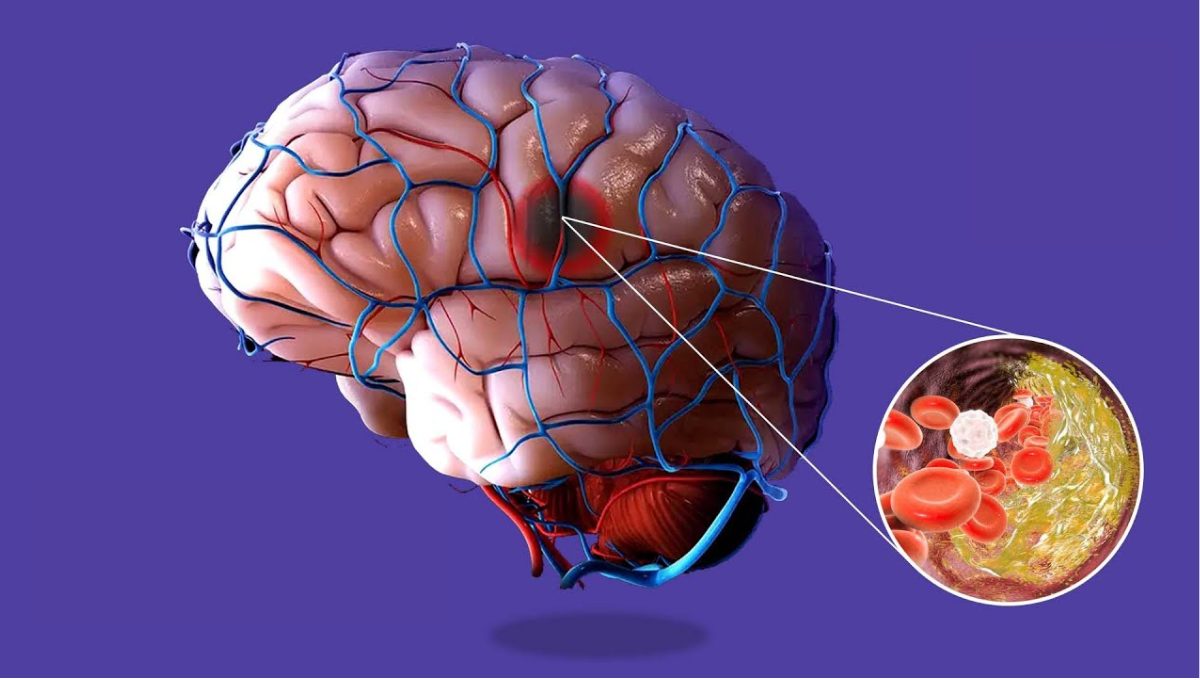- Home
- About Us
- Book Appointment
- Treatments
- Alzheimer’s Disease
- Anti-Aging
- Autism
- Autoimmune Disorders
- Back Pain
- COPD
- Crohns Disease And Ulcerative Colitis
- Erectile dysfunction and Penis enlargement
- Fibromyalgia
- Hip Pain
- Knee Pain
- Lupus
- Lyme Disease
- Multiple Sclerosis
- Muscular dystrophy
- Parkinsons Disease
- Peripheral And Diabetic Neuropathy
- Post Cancer Treatments
- Post Stroke Recovery
- Psoriasis
- Rheumatoid Arthritis
- Shoulder Pain
- Join The Club
- Aesthetics
- Blog
- Contact Us
Stem cell and gene therapy are two rapidly progressing fields in medical research as both have outstanding potential in treating a broad range of chronic diseases. From blood-related disorders, autoimmune conditions, and cardiac problems to genetic disorders, these revolutionary approaches are transforming the treatments of medical conditions.
This blog post begins with an overview of the two types of regenerative medicine: stem cell and gene therapy. Next, we will explore their differences and future in the medical field. Let’s get started!
Table of contents:
What is Gene Therapy and its types?
Gene therapy is an advanced medical treatment that modifies or replaces defective genes with normal genes to treat genetic disorders and prevent them from affecting quality of life. Genes are carriers of information that tell cells to do things, facilitating normal functioning in the human body. Defective genes can not perform this task and make you sick. In such a situation, gene therapy can help. It works by substituting a disease-carrying gene with a healthy gene or deactivating that defective gene.
Gene therapy is an experimental technique that was first successfully done in 1989. It is generally of two types.
- Somatic Gene Therapy – This therapy involves the human body’s somatic cells or stem cells. It is considered the safest and most reliable technique of gene therapy. In this therapy, damaged cells carrying defective genes are replaced with healthy stem cells containing therapeutic genes.
- Germline Gene Therapy – Germline gene therapy inserts healthy DNA into the reproductive cells, i.e., sperm or eggs, to correct the genetic variants. This therapy prevents the disease-causing genes from passing from parents to children and their future generations by altering the genetic material of reproductive cells.
What is stem cell therapy, and what are its types?
Stem cell therapy is a regenerative medicine approach used to treat various diseases. Healthy stem cells are infused into the patient’s body to replace the dysfunctional tissues and promote the healing response of the damaged tissues. Stem cells can differentiate and multiply into specific types of cells for various functions, such as nerve, blood, skin, bone, heart, or muscle cells. These specialized cells are delivered to the injured site to accelerate repair response.
There are four types of stem cells based on the source of collection:
- Adult stem cells – Found in adult humans in specific tissues, such as bone marrow, adipose (fat) tissues, or human umbilical cord tissue.
- Embryonic stem cells – Pluripotent stem cells collected from the inner cell mass of human embryos called blastocysts in their early stages (3-5 days old).
- Induced pluripotent stem cells – Adult stem cells reprogrammed to exhibit properties of pluripotent cells, capable of becoming any cell type.
Read Also: Healing Power Of Stem Cell Therapy: A Comprehensive Guide
Differences between Stem cell therapy and Gene Therapy
At its core, the prime point of difference between gene therapy and stem cell therapy is the mode of attack. The former goes a level deeper in terms of complexity. The primary areas of comparison between the two therapies include:
- Approach – While gene therapy involves transferring genetic materials into the target cells to alter cell functions or correct disease-carrying mutations, cell therapy aims to introduce functional cells into the diseased tissues to replace or repair them.
- Therapeutic factors or agents – Stem cell therapy uses live human cells as its agents. In contrast, gene therapy uses genetic materials, such as DNA or RNA, as therapeutic agents.
- Delivery Method – In stem cell therapy, new healthy stem cells are infused intravenously into the bloodstream to activate the healing process in the affected tissues. Genetic materials are transferred directly to the host cells through complicated techniques, such as viral vectors or repetitive DNA sequences (CRISPR).
- Target Diseases – Stem cell therapy is usually effective in treating age-related problems, neurodegenerative diseases, cardiovascular issues, autoimmune disorders, cancer, and stroke recovery. Gene therapy primarily treats genetic or inherited disorders like sickle cell disease, hemophilia, thalassemia, etc.
- Timeline of benefits – Although both therapies aim to provide long-term and sustainable results, stem cells can offer short-term benefits such as recovery from pain and inflammation in orthopedic injuries.
The Future of Gene and Stem Cell Therapy
Now the question comes: where are cell and gene therapy headed next? Technological advancements will make these treatment approaches personalized and effective, catering to each patient’s unique needs.
Innovations in biotechnology will drive the progress of cell-based therapies in the future, optimizing treatment and stem cell delivery methods. The stem cell field is poised for rapid growth because it is widely adopted for treating a range of medical conditions, from Alzheimer’s and Parkinson’s disease to lung and heart diseases.
Gene therapy, on the other hand, has shown tremendous potential to treat intractable diseases. A new era of personalized gene therapy will emerge as more focus is given to genetic engineering or gene editing technologies, driving innovation and success of medical treatments.
Read Also: Is Stem Cell Therapy A Cure For Neurodegenerative Diseases?
Closing Thoughts
Stem cell and gene therapy are two path-breaking medical science innovations transforming treatments for various medical conditions and genetic disorders. While stem cells target damaged or diseased tissues to support healing and recovery, gene therapy is a functional replacement of cells on the DNA or genetic material level. Several medical companies are pursuing advanced cell or gene therapies to help patients return to everyday and healthy lives.
Life Altering Stem Cell Therapy Institute is a well-known stem cell center in Mexico that provides high-quality, personalized stem cell treatments to patients with various health conditions worldwide. Please speak to our medical experts today to start your stem cell journey with us!














